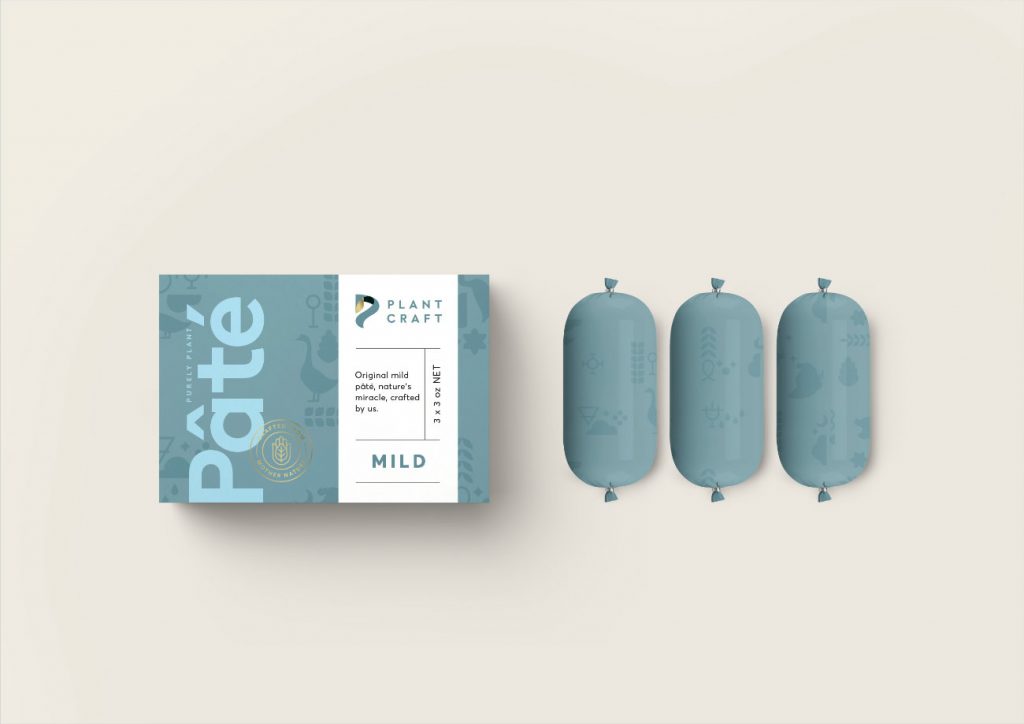“The future of food is plant-based and there is more than enough for our growing population”, says Csaba. “We just need to use creativity to produce foods that are good for us and for the planet, but also tasty and affordable. We believe that food is the single strongest lever to optimise human health and environmental sustainability on earth.”
Sometimes, that aforementioned creativity takes the form of unexpected ingredients. Green bananas, for example, are a staple component of all Plantcraft recipes. These fruits reportedly help to increase nutrient absorption, improve digestion, lower blood pressure, and boost metabolism.
Waste not, want not
Other ingredients are born from what some may consider food waste. While winemakers discard grape seeds during the winemaking process, Plantcraft collects them to make oil. “It’s so high in Omega-6 fatty acids and Vitamin E that people use it as a natural beauty product,” says Kati. “We use it in our plant-based pepperoni.”
We live in an era of ecocide
Kati and Csaba are motivated to create products that benefit human health but that are also good for the planet. “Human inflicted damages such as climate breakdown, wildlife annihilation, and the destruction of land and waterways put all of earth’s inhabitants in danger,” says Kati.
815 million individuals across the world are estimated to be malnourished and scientists are urging people to lower their meat consumption for the good of the planet. The Plantcraft team identified a problem they could help to solve, by producing affordable meat products – just made from plants.
Csaba came to the project from a commercial banking background with a focus on financial consulting in retail and small to medium enterprises. With over ten years of CEO experience, Csaba also brought food industry knowledge to the table, having worked previously as the manager of a pasta factory.
Kati meanwhile had spent most of her professional career in advertising and software development. That is – until she made a significant change and decided to dedicate her time to planetary stewardship. Kati is immensely passionate about improving human health through diet on both a personal and global level.
The duo joined the ProVeg Incubator as part of our second cohort of startups in 2019. They were in the midst of preparing to take their products to market this year (2020).



